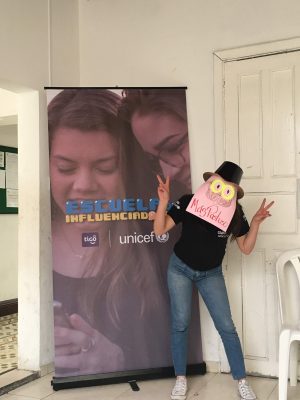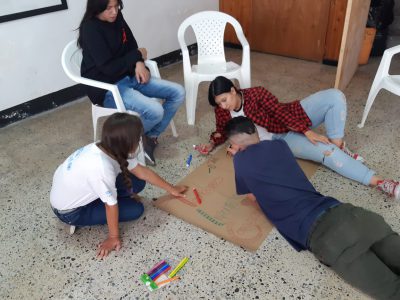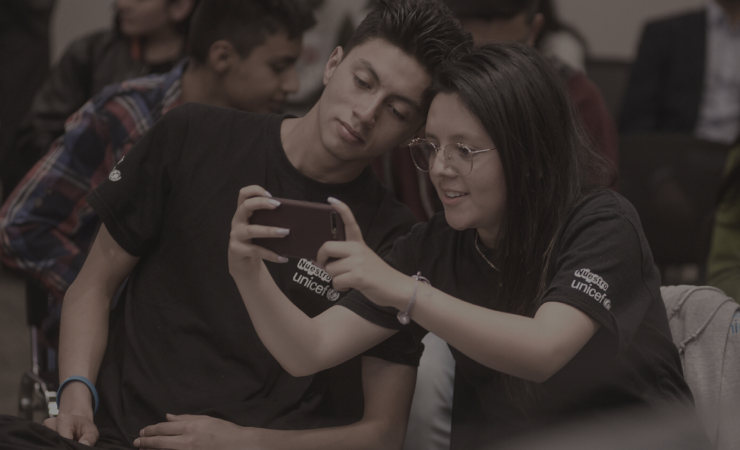Every day millions of people access the internet and browse through countless content within the reach of a few clicks. Children and adolescents are connecting more and more frequently, finding there facilities to access information, knowledge and opportunities, while exposing themselves to different risks such as cyberbullying, sharing private information with strangers, sexual exploitation online, among others.
Making a responsible, creative and safe use of the internet requires that children and adolescents develop a series of competences and life skills with which they can recognize the dangers on the web and manage them appropriately. These are:
At Escuela de Influenciadores, a strategy of Unicef and Tigo Colombia, implemented by MAKAIA, we work with this population between the ages of 10 and 19 in 8 cities in the country: Barranquilla, Cali, Pasto, Soacha, Medellín, Quibdó, Sincelejo and Pereira. Through workshops in virtual modality we develop these skills while we talk about education, health, digital divide, social capital, excessive use of the internet, cyberbullying, sexuality and safety, topics prioritized by the strategy.
This year, we are focused on training 96 national leaders, 800 regional leaders, and 2,600 local leaders across the country. Overcoming the challenges brought by the health emergency and the connectivity difficulties that arise along the way, we now have all the national leaders and we are developing the process with the regional and local leaders we want to reach.


Escuela de influenciadores strengthens the leadership of participating children and adolescents, by making them spokespersons for the responsible, safe and creative use of the internet in their communities and nearby environments, after having participated in the training.
We invite you to learn more about Escuela de Influenciadores by visiting www.ciberconscientes.com, the free access digital platform, in which children and adolescents share content, experiences, and learn from the digital world.


